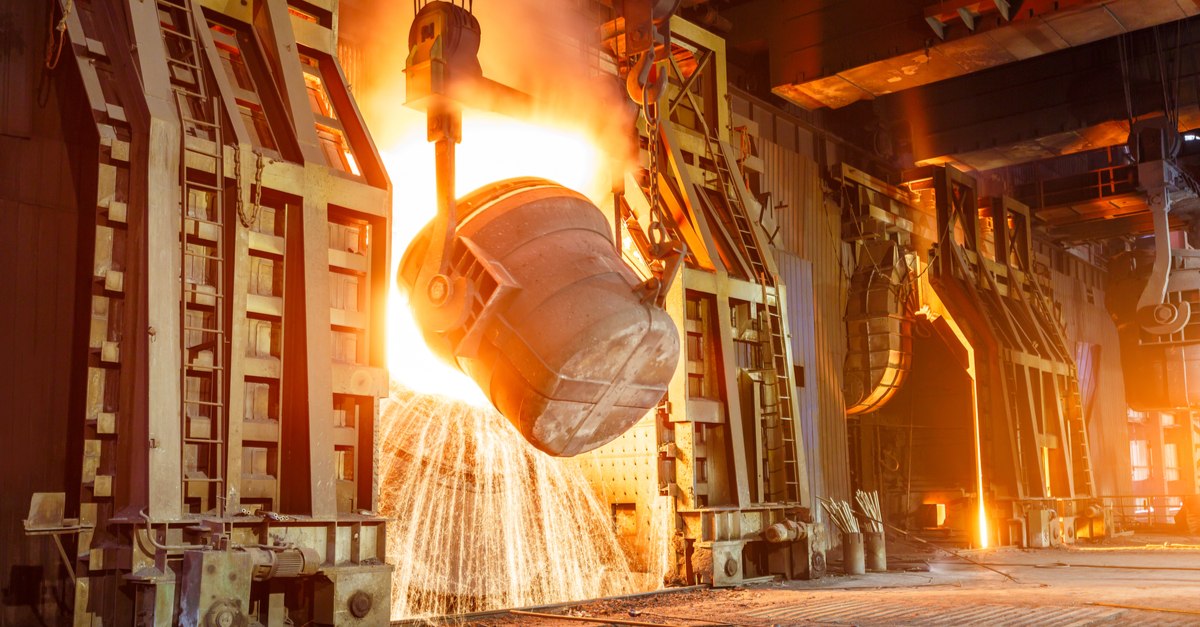

Eliminating CO2 Emissions from Industry and Transport in Line with 1.5°C Climate Goal
Newsletter

Renewable energy holds the key to most of the options available to reach zero emissions in industry and transport, IRENA’s new report Reaching Zero with Renewables shows. Presented today by IRENA’s Director-General Francesco La Camera at the high-level Clean Energy Ministerial-Mission Innovation meeting, it sends a strong message that limiting global temperature rise to 1.5°C. will require all sectors of the economy to go carbon neutral by mid-century.
“Low-carbon options, including electric vehicles and clean fuels based on renewables, have become familiar in many countries,” said Francesco La Camera. “But we need to start developing and proving viable solutions for all sectors immediately - and be ready to scale them up massively in the 2030 and 2040s.”
Without major policy changes, seven industry and transport sectors will account for 38% of all CO2 emissions and 43% of energy use globally in 2050, IRENA finds. Options that deliver only partial emission reductions will not be enough for energy-intensive industrial sectors like iron and steel, chemicals, cement and aluminum as well as long distance aviation, shipping and road freight transport.
“To be in line with the 1.5⁰C goal,” La Camera continued to reiterate, “decision makers in both the public and private sectors need a clearer view of what needs to be done. Falling technology costs and proven synergies have now opened a credible path to cut emissions to zero. Our new report shows, that renewable energy uptake would provide at least half of the emission cuts needed in the seven toughest sectors.”
Reaching this ultimate global climate goal of zero emissions requires eliminating direct CO2 emissions from energy use and industrial processes alike. It calls for inter-linked sector-level strategies at the local, national and international levels, built on the five technology pillars of demand reduction and energy efficiency, renewable electricity, renewable heat and biofuels, green hydrogen and e-fuels, and carbon-removal technologies to provide both energy & feedstocks. Decarbonisation options for each sector span efficiency improvements, electrification, direct heat, and fuel production using renewables, along with CO2 removal measures.
Find out more about key recommendations for decarbonisation of transport and industry
Read the full report Reaching Zero with Renewables: Eliminating CO2 emissions from industry and transport in line with the 1.5⁰C climate goal.




